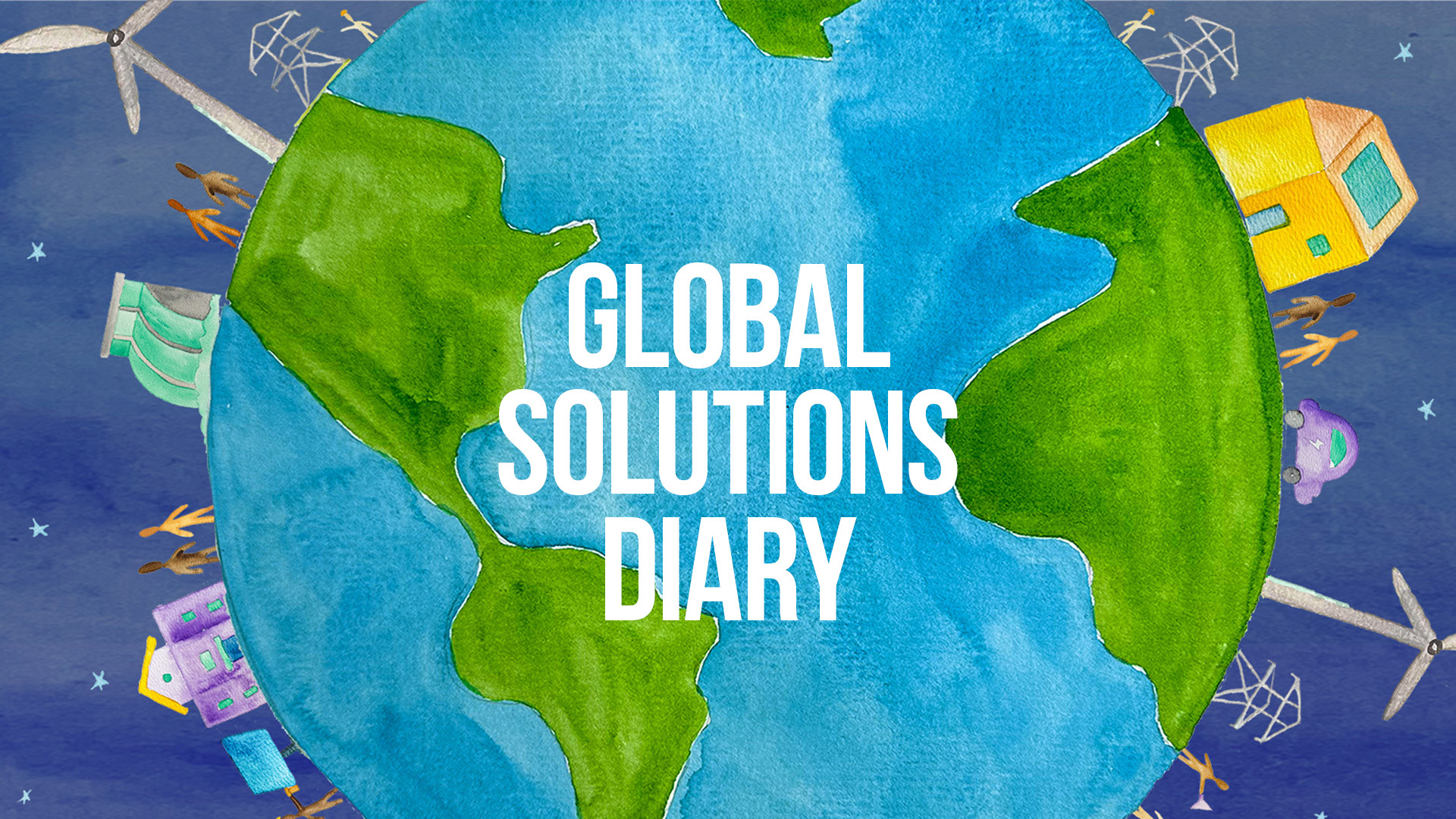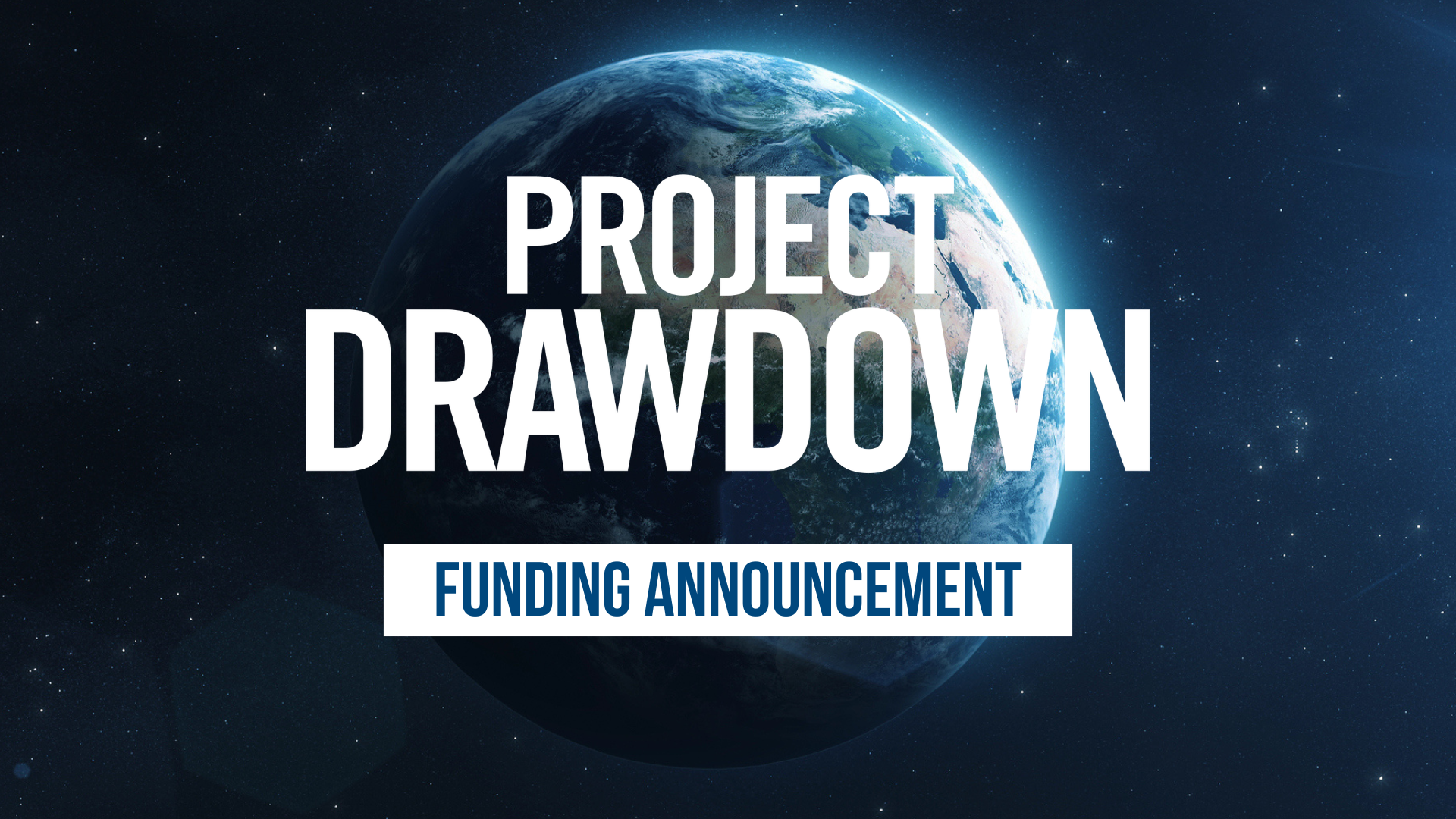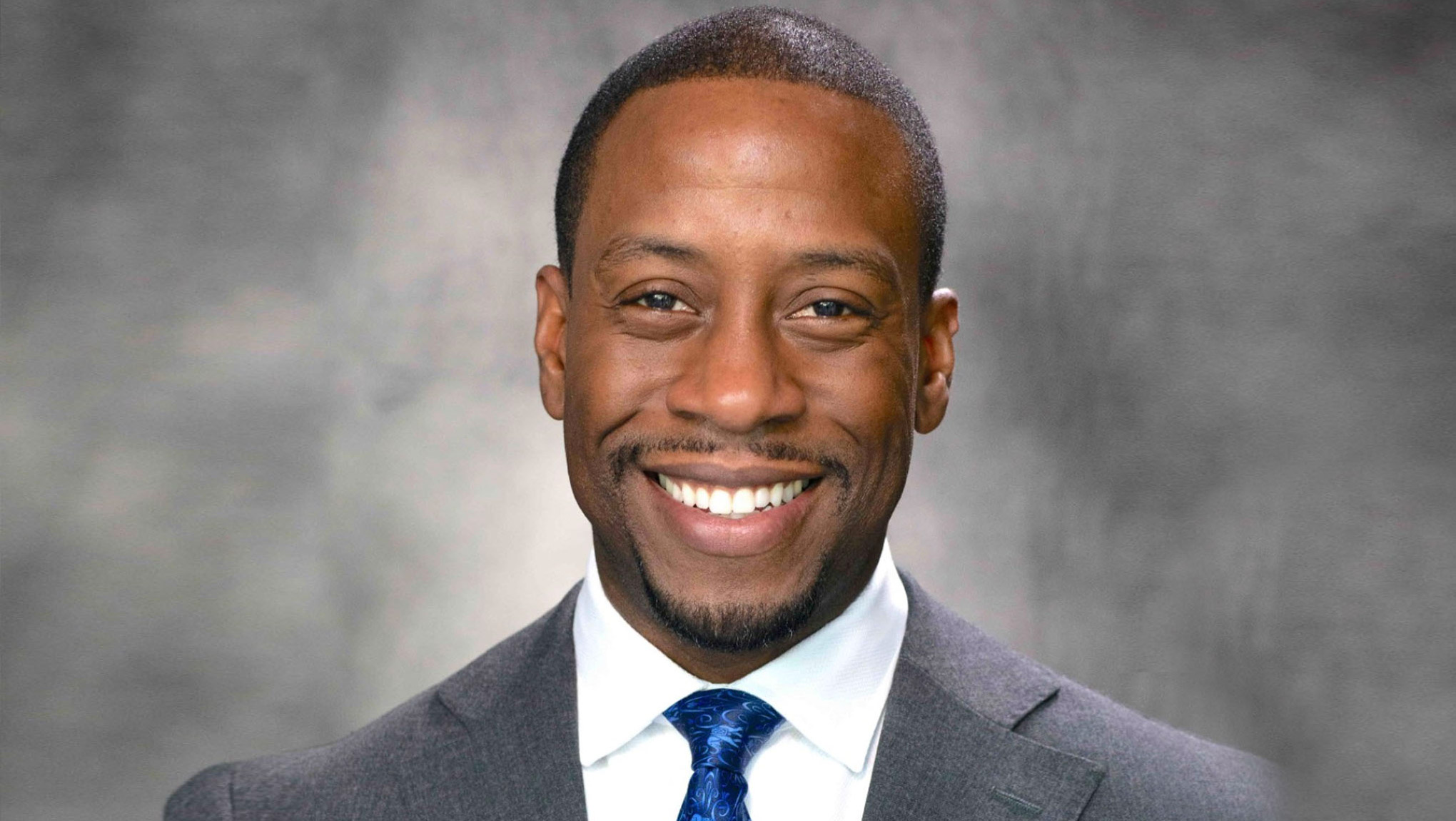In the wake of the most recent headline-making IPCC report, the need for sweeping climate transformation has never been more apparent. The private sector, with its vast resources, must play a crucial role in this transformation—and employees can help lead the charge. Drawdown Labs, a program of the nonprofit organization Project Drawdown, aims to help global employees step into their power and shift the private sector beyond “net zero” as quickly, safely, and equitably as possible. Climate Solutions at Work, presented by Project Drawdown, creates a new standard of business climate leadership, driven by employees equipped to take bolder action at work, making every job a climate job. Readers can explore their company’s enormous untapped potential for climate action by finding their inroad—regardless of job function—to moving their company toward the world’s best science-based climate solutions. This free, easy-to-browse guide is available today.
“Inside most businesses, only a handful of people with ‘sustainability’ in their title consider climate issues as part of their work day,” says Jamie Beck Alexander, Director of Drawdown Labs. “But the scope and scale of the climate challenge calls on all of us to find our inroad. Climate Solutions at Work is a playbook for employees—no matter what you do or where you work—to help your business take bolder climate action.”
Pushing beyond “net zero”
In its infancy, “net zero” was meant to embody a long-term climate goal used by entire countries to track Paris Agreement progress—a global goal to reach net zero by 2050 to keep increased warming to 1.5°C. Over the years, “net zero” has shifted from a collective goal to a leadership position from individual companies. This type of vague, long-term target only works if every company makes the same commitment with a shared deadline—a highly unlikely prospect.
Today’s definition of business climate leadership centers on companies doing less harm, gradually reducing their emissions—and the damage they cause—over time. Employees can demand a more expansive view, one that taps every company’s leverage points and the passion of every employee to scale climate solutions available right now, dramatically boosting expectations for business climate leadership around the world. Project Drawdown’s research shows the world can reach drawdown by mid-century so long as global interests make the best use of all existing climate solutions. Climate Solutions at Work focuses on the private sector so employees have a better sense of where to start—or intensify—their business climate action.
Building a “drawdown-aligned” business
For many employees committed to meaningful change, accelerating climate action at work can feel restricted to staff with “sustainability” in their job title. If a business is serious about their climate ambition, then they will welcome all employees to the work of helping them get there and holding them accountable.
“Project Drawdown wants employees to have the resources to identify and push for bigger climate ambition in the workplace,” says Alexander. “We’ve outlined a drawdown-aligned business framework that allows anyone, anywhere to make their job a climate job.”
This drawdown-aligned business framework zeroes-in on eight key leverage points—and corresponding actions—that businesses must tap to help the world achieve drawdown quickly, safely, and equitably:
- Emissions reductions
- Stakeholder engagement and collaboration
- Products, partnerships, and procurement (the “three Ps”)
- Investments and financing
- Climate disclosures
- Climate policy advocacy
- Business model transformation
- Long-term thinking
By moving step-by-step through topics primed for transformation, Climate Solutions at Work is a new north star for employees looking to push beyond net zero. Explore how to help build a “drawdown-aligned” business that leverages all of its social, political, financial, and employee power to secure a stable climate and just future for all.
About Drawdown Labs
Drawdown Labs is Project Drawdown’s private sector testing ground for scaling bold climate solutions quickly, safely, and equitably. This consortium of visionary partners goes beyond “net zero” to scale global climate solutions, within and outside their own operations. Leveraging world-class research and analysis from Project Drawdown—and the cross-industry capabilities of participating organizations, businesses, and funders—Drawdown Labs experiments with collaborative ways to address climate change at unprecedented scale, and offers the world a transformative vision for private sector climate leadership. Drawdown Labs members include Allbirds, Aspiration, Copia, General Mills, Google, Grove Collaborative, IDEO, Impossible Foods, Intuit, Lime, LinkedIn, Netflix, R&DE Stanford Dining, and Trane Technologies.
About Project Drawdown
Project Drawdown® is a nonprofit organization that seeks to help the world reach “drawdown”—the future point in time when levels of greenhouse gases in the atmosphere stop climbing and start to steadily decline. Since the 2017 publication of the New York Times bestseller Drawdown, the organization has emerged as a leading resource for information and insight about climate solutions. We conduct rigorous review and assessment of climate solutions, create compelling and human communication across media, and partner with efforts to accelerate global climate solutions. Project Drawdown aims to support the growing constellation of efforts to move climate solutions forward and move the world toward drawdown—as quickly, safely, and equitably as possible. A 501(c)(3) nonprofit organization, Project Drawdown is funded by individual and institutional donations.






